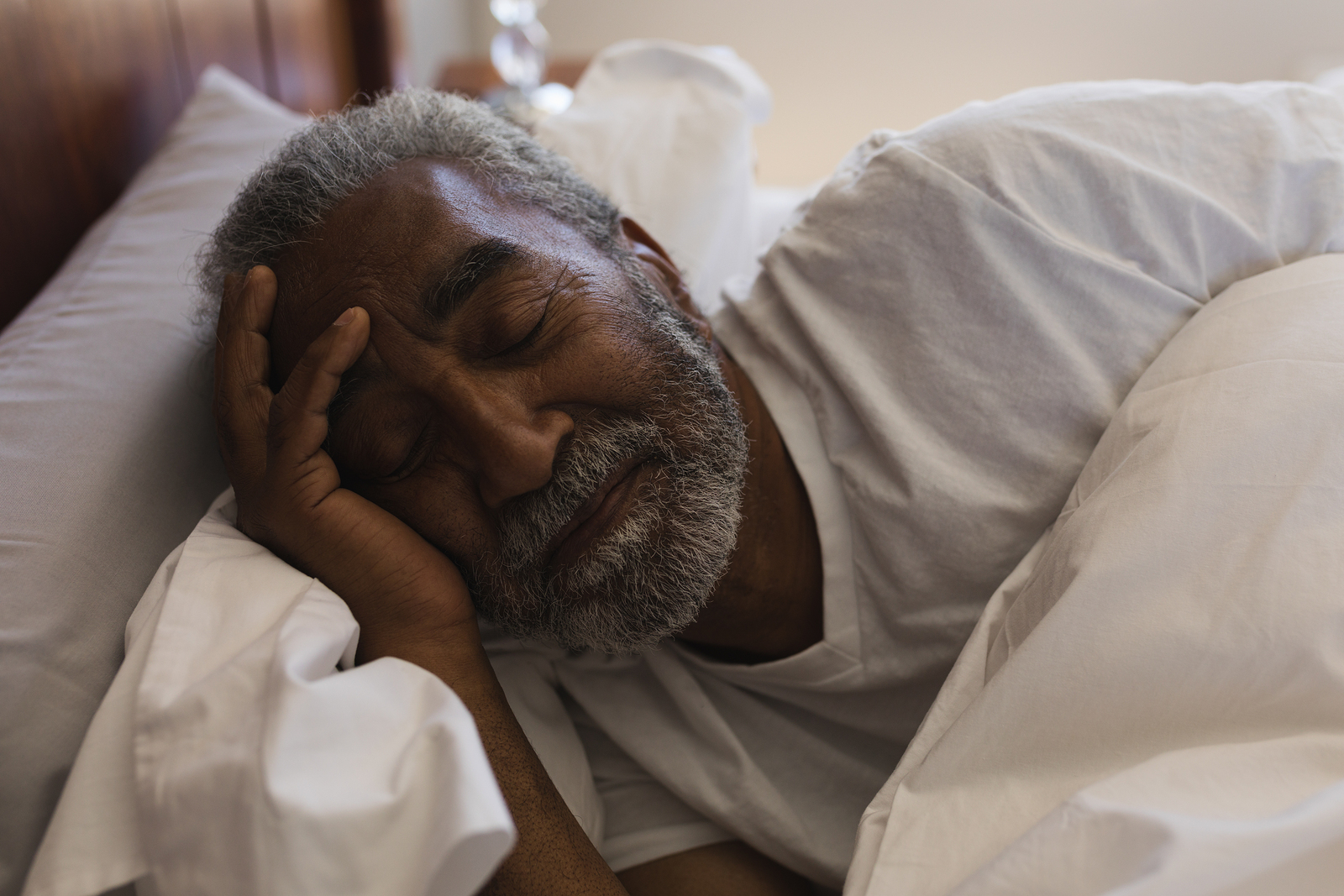Understanding How Sleep Apnea Impacts Seniors

Elder Care in Manassas City VA
Sleep apnea is a prevalent sleep disease affecting millions of people throughout the world, regardless of their age. However, its prevalence rises with age, especially among the elderly population. As we age, our bodies endure a variety of physiological changes that might contribute to the development or worsening of sleep apnea. In this article, we will look at what sleep apnea is, how it affects older people, and how elder care can help support seniors diagnosed with the disease.
What Is Sleep Apnea?
Sleep apnea is a sleep disorder characterized by breathing pauses while asleep. These pauses, known as apneas, can occur repeatedly throughout the night, resulting in fragmented sleep and poor sleep quality.
There are three major types of sleep apnea:
- Obstructive Sleep Apnea (OSA): OSA is the most frequent type of sleep apnea. It occurs when the muscles in the throat relax too much during sleep, leading the airway to become closed or restricted.
- Central Sleep Apnea (CSA): CSA occurs when the brain fails to deliver correct signals to the muscles that govern breathing, causing pauses in breathing.
- Complex Sleep Apnea Syndrome (CompSA): CompSA, also known as treatment-emergent central sleep apnea, develops when a person has both obstructive and central sleep apnea.
How Does Sleep Apnea Affect Seniors?
Seniors are more prone to the negative effects of sleep apnea due to age-related changes in their bodies. The good news is that with elder care in the home, seniors can be monitored for these effects, which can lead to early detection and support. Sleep apnea has several frequent effects on the senior population, including:
- Daytime Exhaustion and Sleepiness: Sleep apnea can induce fragmented sleep, resulting in excessive daytime sleepiness and exhaustion, which can lower the overall quality of life and increase the risk of accidents, particularly while driving or using machinery.
- Cognitive Issues: Sleep apnea has been associated with cognitive deficits such as memory issues, trouble concentrating, and impaired cognitive function. In older people, these cognitive alterations might exacerbate pre-existing cognitive impairment or increase the chance of developing illnesses like dementia.
- Cardiovascular Health Risks: Untreated sleep apnea increases the risk of cardiovascular disorders such as hypertension, heart disease, stroke, and irregular heartbeats. Sleep apnea can exacerbate the already high risk of these illnesses among older adults.
- Mood Disorders: Sleep apnea can cause mood abnormalities, including despair and irritability, which can have a negative influence on emotional well-being and general quality of life, especially in seniors who are already coping with other age-related issues.
- Increased Fall Risk: Poor sleep quality and daytime sleepiness caused by sleep apnea can increase the risk of falls and accidents in older persons, resulting in injuries and restricted mobility.
Sleep apnea is a major health concern, especially among the elderly, and can significantly affect physical health, cognitive function, and quality of life. Recognizing the signs and symptoms of sleep apnea, as well as seeking prompt diagnosis and treatment, is critical for reducing the risks and improving outcomes. Elder care can help seniors recognize the signs and encourage them to talk with their medical team to ensure they get quick treatment.
Sources:
https://www.sleepcareonline.com/articles/sleep-apnea-in-the-elderly
https://www.ncoa.org/article/sleep-apnea-in-older-adults-diagnosis-and-treatment-options
If you or an aging loved one are considering hiring elder care in Manassas City, VA, please contact the caring staff at LivinRite Home Care. Serving Northern Virginia, The Valley, and Surrounding Communities – call us today at (703) 369-6677.
- Skilled Nursing: Offering Peace of Mind for Seniors Aging in Place - April 8, 2025
- Can Physical Therapy Help Seniors Learn How to Fall Safely? - March 27, 2025
- Senior Home Care Helps Keep Aging Adults Safe in the Kitchen - March 11, 2025
